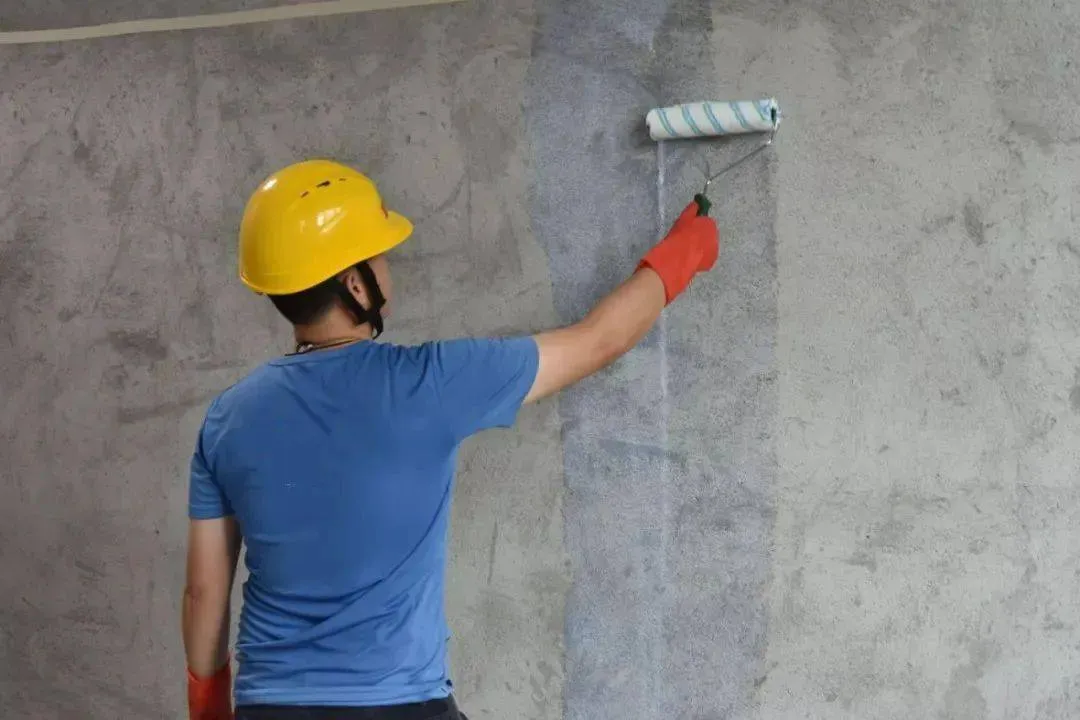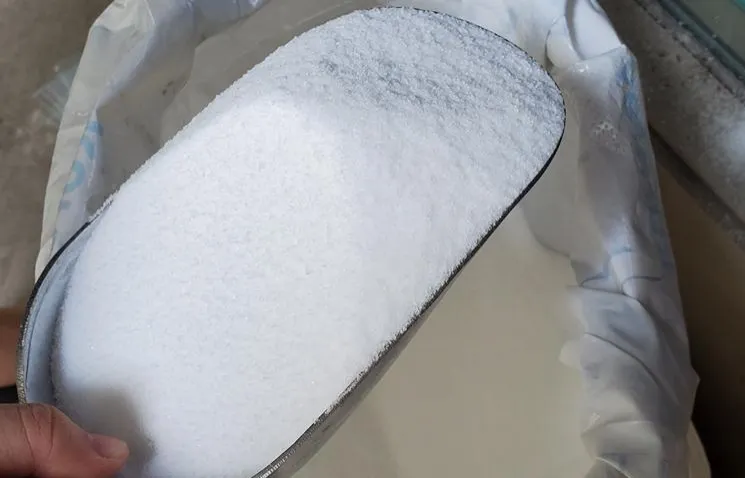
Understanding Polyvinyl Alcohol and Its Versatile Applications
Polyvinyl alcohol (PVA) is a synthetic polymer that has become essential in a wide range of industries due to its excellent film-forming, emulsifying, and adhesive properties.

The Versatility of Polyvinyl Alcohol in Industrial and Construction Uses
One common question from both industrial users and everyday consumers is, “is polyvinyl alcohol safe for skin?”. The answer is yes — in general, PVA is considered non-toxic, hypoallergenic, and safe for use in cosmetic and pharmaceutical applications. It’s often found in facial masks, eye drops, and transdermal patches. However, as with any chemical substance, proper handling and formulation are essential to ensure safety.
Another material that often accompanies PVA in industrial settings is polyvinyl acetate. So, what is polyvinyl acetate used for? It's typically utilized in adhesives (like white glue), paints, and coatings, where it offers strong bonding and flexibility. When PVA is hydrolyzed, it transforms into polyvinyl alcohol, which makes both substances interconnected in industrial chemistry.
One of the most beneficial applications of PVA is in the construction industry. For instance, pva walls before plastering is a common practice to help improve the bonding of plaster to the surface. Applying a PVA solution to walls before plastering ensures a stronger adhesion and reduces the risk of cracking or delamination. Additionally, pva in sand and cement mixtures is also used to enhance workability, increase flexibility, and minimize water permeability. These uses are especially valuable in both domestic renovations and large-scale infrastructure projects.

Cost, Solubility, and Specialized Grades of Polyvinyl Alcohol
One of the reasons for PVA’s popularity is its balance between performance and price. The polyvinyl alcohol cost can vary depending on grade, molecular weight, and specific use-case. Generally, prices are affordable for bulk buyers, and its versatility justifies the investment for many manufacturers. For specific applications, users often turn to specialized grades such as PVA 088 50 and PVA 1799. These designations refer to particular viscosities and degrees of hydrolysis that make them suitable for specific tasks such as paper coating, textile sizing, or film production.
Speaking of films, the role of water soluble film manufacturers has grown in recent years due to increasing interest in eco-friendly packaging and single-use solutions. PVA-based water-soluble films are biodegradable and dissolve completely in water, making them ideal for laundry pods, agrochemical packaging, and even food-safe wrapping. This leads us to another common technical inquiry: polyvinyl alcohol solubility in water. PVA is highly soluble in water, but its solubility depends on temperature, degree of polymerization, and hydrolysis level. For example, fully hydrolyzed PVA requires warm water to dissolve, whereas partially hydrolyzed types can dissolve in cold water.
With so many variations and applications, it’s crucial for end-users to select the right grade and understand the compatibility of PVA in their specific industry. Whether you're using it for enhancing construction materials or in eco-friendly packaging solutions, PVA remains a cost-effective and reliable polymer with diverse capabilities.
Frequently Asked Questions (FAQ) About Polyvinyl Alcohol Products
1. What are the differences between PVA 088 50 and PVA 1799?
PVA 088 50 is a partially hydrolyzed grade with low viscosity, commonly used in textile and adhesive industries. PVA 1799 is fully hydrolyzed with higher viscosity, suitable for paper coatings and water-soluble films. Choosing the right grade depends on your required solubility and viscosity needs.
2. Can polyvinyl alcohol be used safely on the skin?
Yes, polyvinyl alcohol is safe for skin in regulated formulations. It's often used in facial masks and pharmaceuticals. However, raw or industrial PVA should not be directly applied without proper formulation.
3. Why use PVA on walls before plastering?
Applying PVA to walls before plastering improves adhesion, reduces dust, and prevents the plaster from drying too quickly. It also provides a sealed surface that helps plaster bond better.
4. How does polyvinyl alcohol behave in water?
Polyvinyl alcohol solubility in water is one of its key traits. It dissolves completely under the right temperature conditions, depending on whether it's fully or partially hydrolyzed. This makes it ideal for water-soluble film applications.
5. What is the current polyvinyl alcohol cost in bulk?
The polyvinyl alcohol cost typically ranges based on its purity, grade (like PVA 088 50 or PVA 1799), and quantity ordered. Industrial buyers usually receive competitive pricing from water soluble film manufacturers or chemical suppliers when purchasing in bulk.
-
The Versatility of Hydroxypropyl and Hydroxyethyl Starches in Food and Medical IndustriesNewsJul.30,2025
-
Redispersible Polymer Powder: Types, Uses, and Market InsightsNewsJul.30,2025
-
Polyvinyl Alcohol: A Versatile Polymer for Construction and IndustryNewsJul.30,2025
-
Enhancing Construction Efficiency with PVA: A Versatile Material for Modern Building NeedsNewsJul.30,2025
-
Antifoaming Agents in Industry: Functions, Types, and ApplicationsNewsJul.30,2025
-
A Comprehensive Guide to Redispersible Polymer Powder and Its TypesNewsJul.30,2025





















